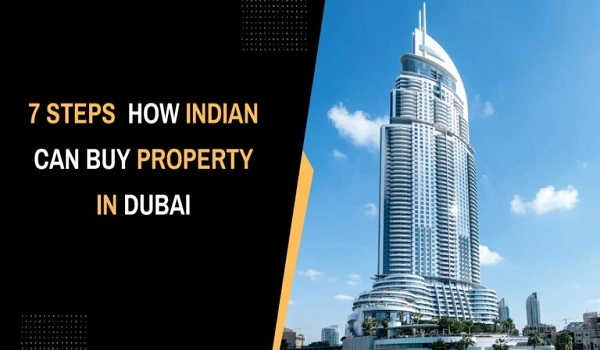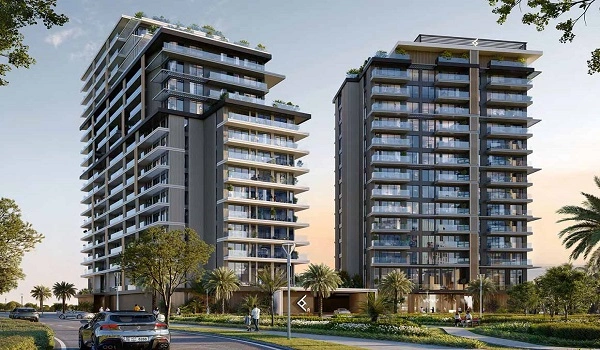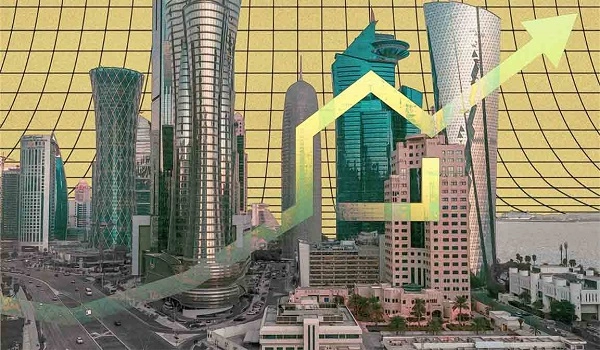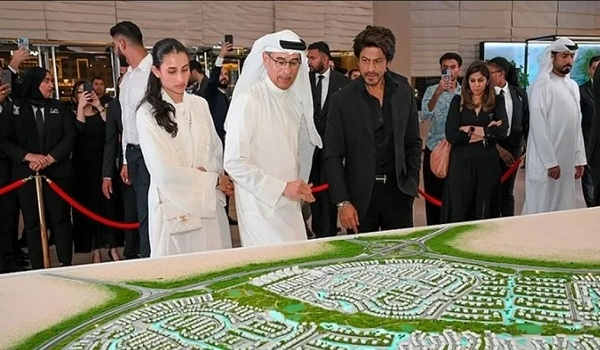Dubai Property Market Faces New Phase as Price Adjustments Take Shape
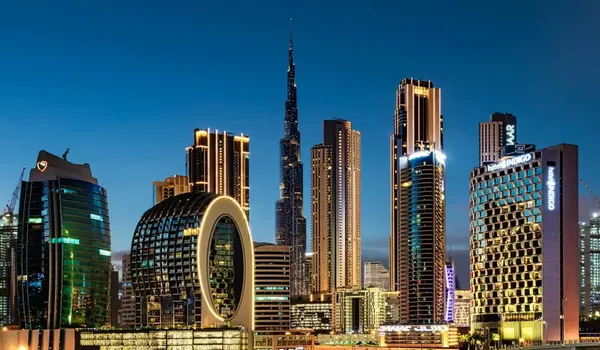
Dubai's red-hot property market is showing signs of a shift. According to a recent report from Fitch Ratings, residential prices may undergo a moderate correction starting in the second half of 2025, extending into 2026. This isn't a warning of a crash. Instead, it's being seen as a natural cooling—what some experts are calling a "soft landing."
So, what does this mean for buyers, investors, and developers? Let's break it down.
Fitch expects prices to dip by no more than 15%, calling it a "normalizing adjustment." That means prices could soon settle after a few years of steep growth. According to the report, home values likely peaked in 2024 or will do so in 2025. This is consistent with what's already being seen in communities like Business Bay, Arjan, and JVC—where prices have remained flat even while demand for new launches stays high.
Fitch's forecast may sound concerning, but it could be good news for many. If you've been priced out of the market, a correction could finally bring properties within reach.
At the heart of Fitch's concern is a sharp rise in new housing supply. The report estimates Dubai will see about 90,000 new units completed in 2025 and a record 120,000 in 2026. That's roughly 250,000 units over four years—double what was delivered between 2020 and 2022.
This burst of new development is expected to outpace population growth, which Fitch projects at around 5% per year. The gap between how fast homes are being built and how many people are moving in is what could lead to downward pressure on prices.
Developers may also start easing their pre-sale models. Today, buyers typically pay 70% before handover. Fitch believes that could shift closer to 50% to help move inventory, especially in a market where affordability is becoming more important.
Let's be clear: Fitch is a respected global ratings agency, and their take carries weight. But it's also worth noting that Dubai's current market is not like it was in the past.
In 2009, the city faced a major crash and needed a $20 billion bailout. Today, the market looks more resilient. Major developers have paid off debt and built stronger balance sheets. Banks have cut back exposure to real estate, dropping from 20% to 14% of total loans by the end of 2024. Regulations have also improved, especially around off-plan sales and investor protection.
So even if prices dip, most experts believe Dubai is in a much better place to handle it.
Fitch says population growth is around 5% a year. But local data paints a different picture. In 2024 alone, Dubai added over 270,000 residents—an 8% increase. Nearly 1,000 people are moving to the city every day. That demand helps absorb new supply faster than many expect.
Recent numbers back this up. In Q2 2025, Dubai recorded over AED 147.6 billion in property transactions, with more than 50,000 deals. Off-plan sales alone accounted for over AED 114 billion, showing no slowdown in buyer interest.
Plus, not all units scheduled for delivery make it on time. Historically, only about 60% are completed on schedule, which naturally spreads supply out more evenly.
Luxury and prime areas—like Al Marjan Island—remain especially strong. Projects like BNW La Perla, a waterfront development by BNW Developments, continue to draw serious investor attention. With just 226 high-end units starting at AED 2.3 million, this prelaunch township reflects a growing focus on quality, exclusivity and long-term value.
Rather than seeing this as a market cooldown, many view it as an opportunity. A dip in prices could be the opening that first-time buyers and long-term investors have been waiting for. Developers may offer better deals, more flexible payment plans, and added value to attract a broader set of buyers.
We're also seeing the government step in with initiatives like the "First Home" program, aimed at improving access to homeownership. That kind of support can make a real difference in a market going through adjustment.
As more homes come online, rental prices could stabilize too. Fitch has already noted a slight cooling, with growth rates falling to an average of 7.4%. That's still strong, but more balanced. For tenants, it means improved affordability. For investors, especially those looking for steady rental yields, this remains a promising time to buy.
The bottom line? This isn't a crash. It's a shift toward stability.
The projected correction is part of a normal cycle in any growing city. And with Dubai's economy still strong, investor interest high, and lifestyle appeal unmatched, the city remains one of the world's most attractive property markets.
In fact, projects like BNW La Perla, set in emerging zones like Al Marjan Island, show where smart money is headed—towards quality, waterfront living with long-term value baked in.
The next few months may not bring record-breaking prices. But they could bring balance. And that's exactly what a mature, sustainable market needs.
